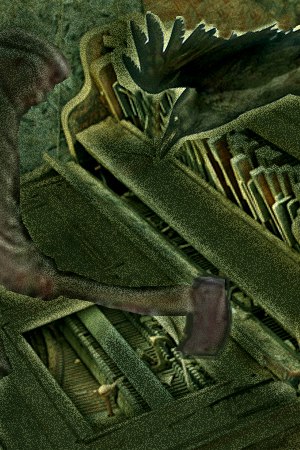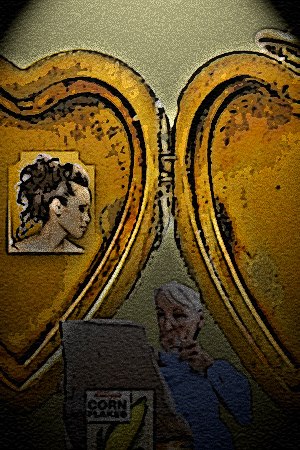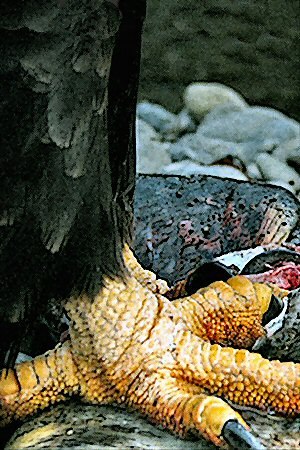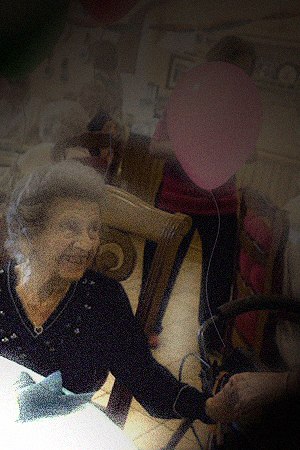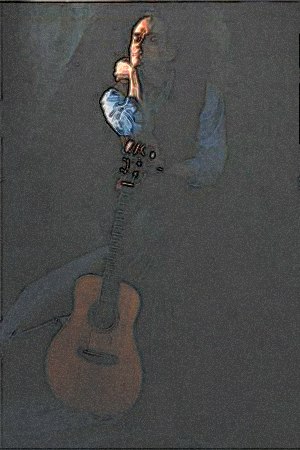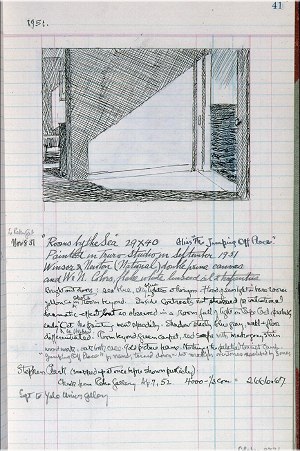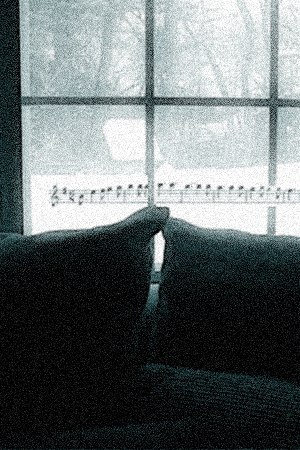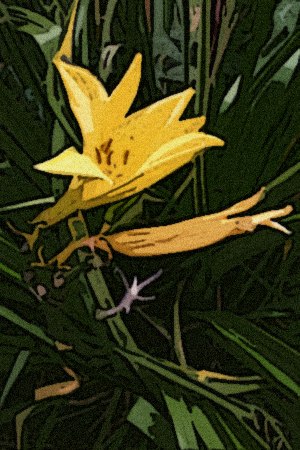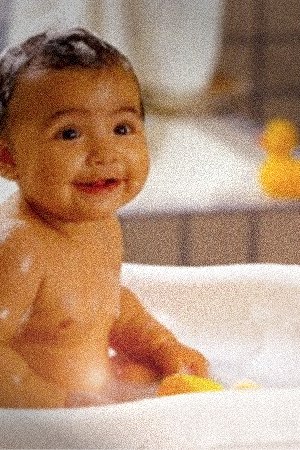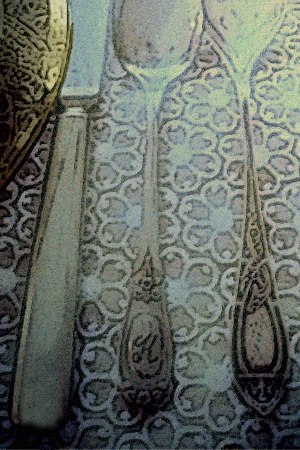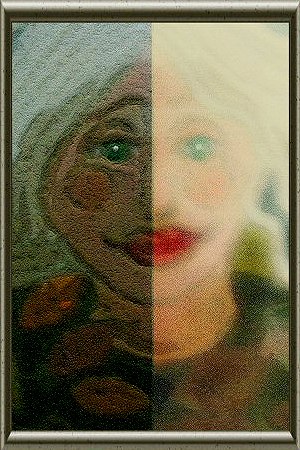|
|

Updated 22 August 2011
14 by 14 publishes modern sonnets, featuring fourteen at a time by fourteen authors.
This front page has “tasters” of the latest sonnets added, with links to the full texts. Here are our latest fourteen sonnets, new at 22 August 2011. (Regarding any future new content, please see the Update note on the right.)
Editor’s Note
Many thanks again to Pat Jones for creating all but one of the images appearing with the new sonnets.
New to 14 by 14 this time are Niamh Corcoran, T.S. Kerrigan, Anna Lewis, and Joanna Pearson. Returning authors are Amanda Ferguson, Michael Ferris, Jean L. Kreiling, John MacLean, Peter Moltoni, Rick Mullin, Arun Sagar, Ed Shacklee, Carol Taylor, and Thomas Thurman.
May 2016 update: 14 by 14’s future
We have published no new sonnet sets since August 2011, and we remain closed to submissions until further notice. It is possible we might resume active publishing later in 2016. The question is being deeply pondered, but the outcome is unclear as yet.
If we do resume publishing new content and you are interested in submitting to 14 by 14, be sure to read a selection of the sonnets here to get an idea of the kind of material we are most likely to publish, and also note our guidelines (updated as necessary) on the Submissions page.
Our Twitter account (@14by14) will tweet changes in future, for example if and when we reopen for submissions, so follow us if you want that information promptly.
14 by 14 was published in issues from December 2007 to December 2009. The eleven issues are still online, in the archive. Also archived is our new content published from March 2010.
Editor: Peter Bloxsom
Artist: Pat Jones
Selection panelists, Issues 1-11:
David Anthony (1-11)
Robert Crawford (1-11)
Rhina P. Espaillat (1-11)
Anna Evans (1-7)
Julie Kane (5-11)
Rose Kelleher (1-4)
Paul Stevens (1-11)
From the archive (changes daily)
New Growth
By Brendan Beary
A brushfire overran the glen last May;
The undergrowth and scrub were quickly gone
As tinder for the blaze, all swept away —
A single scarred catalpa carried on.
Yet two months later, that same blackened field
Saw saplings, prairie grasses, tufts of green —
In five years’ time, the scars will all be healed;
The urge for growth relentlessly scrubs clean.
So how much like that valley are we two?
A decade since we let each other burn
For spite and rage, we meet by chance at Kew;
We clumsily embrace, and can discern
From reading of a once-familiar face
That all our arsons left no lasting trace.
(Published in Issue 10)
Addiction
by Judith Graham
I’d love to smoke a thousand cigarettes
And after that I’d smoke another two,
I’d smoke away my wrinkles and my debts,
My relatives, my rising damp, and you.
If that was not enough I’d turn to drink
I’d scotch my former dearest oldest friend
And gin my colleagues, apfelschnapps my shrink
And you I’d drown in vats of Irish blend.
If memories persisted after that
I’d have to source some drugs from off the street
I hardly know what’s hip and what’s old hat
Since ecstasy was always you, my sweet.
Bestow on me the ultimate reprieve:
Be kind and stay; be kinder still, and leave.
(Published in Issue 9)
Say Nothing But Good
by Stephen Scaer
We pulled your funeral off without a hitch.
Morticians had to spread a pound of wax
across your face to smooth away the cracks
that spilled your brains into a roadside ditch.
Your youngest child, the one you nicknamed “Bitch,”
described your death, revising awkward facts.
She said you called before God swung the axe,
“As if to say goodbye.” Oh, that was rich!
She didn’t mention how you begged for money
to head downtown to finish getting plastered
and rent a prostitute. It’s almost funny
how much we love you dead, and quite a show
we’ve put on in your memory, you bastard.
I wish we could have done this years ago.
(Published in Issue 8)
Yin/Yang
by Rose Kelleher
Even Bruce Lee had nipples. They were small,
but they were there all right, alive with nerves,
a tender nub to guard each pectoral
against the manly world. And he had curves,
gracing the line of cheek and lip, of thigh
and buttock. Man would be too hard, too fierce,
if there weren’t certain spots on every guy
vulnerable enough to pinch or pierce;
pretty enough to make a priest believe
that every Adam shares a rib with Eve;
engendered softly as a question mark,
for seven weeks a shrimplike, whitish curl
of possibility, still in the dark,
before his body learns he’s not a girl.
(Published in Issue 7)
A Pear Tree
by Seamus M. Murphy
If I had a house to call my own,
I’d have a pathway made of stone.
I’d get a dog & call him Jack.
The side yard would be overgrown.
I’d have a pear tree in the back.
The kitchen would have morning sun,
& coffee on the stove, & one
sure cat that stretches & meows,
then sits, as silent as a nun,
to watch the rustling pear tree boughs.
& from the shade, the morning bird
would sing for Jack, the cat & me,
a gratitude for that tall tree
to close up every empty word.
(Published in Issue 7)
Crazy Quilt
by David W. Landrum
Their names are charming: Double Wedding Ring
and Old Maid’s Puzzle, Bear’s Paw, Northern Star
or Jacob’s Ladder. Our quilt was the thing
they call a Crazy Quilt, design bizarre,
not following a pattern — and at night
we got beneath it, clinging desperately
under its stitches and turned off the light,
hoping to celebrate love’s jubilee.
But it was crazy with our own designs,
this quilt we sewed together, patternless
because we each had different things in mind
and each a different purpose to express.
We curl up now beneath what we have woven,
lonely but warm, each in a self-made haven.
(Published in Issue 6)
Dancing at the Casino
by Henry Quince
Midnight; a throwback Latin-jazz quartet.
The sinuous bossa nova adds a swerve
of samba to the swing beat’s forward verve
and, with the background rattle of roulette,
the blackjack swish, the whiff of anisette,
shuts out the touchwood world, its half-lost nerve.
Each dancer draws a Lissajous-like curve,
the old thing new again till we forget.
The 2/4 rhythms of the past are broken
but come in snatches back to haunt our days.
Who’s betting on the future? Now the Girl
from Ipanema walks, it’s all unspoken:
we dance the moment, move as in a haze,
ask time no questions while we sway and whirl.
(Published in Issue 5)
In Another City
by Antonia Clark
(On a line by Sam Byfield)
The yellow moon, the factories, brief snow —
I’m only passing through aboard a train
streaking through your night. Once, long ago,
in another dingy city, in light rain,
I lingered at the station with some lover
or other, someone arriving or departing —
both of us young and destined to discover
absence. The old story’s always starting
or ending. And the chapters in between
slip by like nameless towns along the way.
The drifting moon and snow, a view I’ve seen
a hundred times. A woman dressed in gray
waits on the platform. I notice, as we pass,
my own face through the window’s misted glass.
(Published in Issue 5)
Parallel Parking
by Jill Davies
Begin a little forward of the space;
now point the nearside corner at its centre...
His chemo drips, too late, and I must face
at last, at sixty-one, the need to enter
the world of driving. The years I sat just there
and never here... Full lock, you’re doing fine...
now back the other way... This isn’t fair:
cars are his job, cats and gardens mine.
Next year, perhaps a package tour of Rome
for “older singles”; long appraising glances
amid the ruins; socks-and-sandals men,
glib-voiced or wary, thinking of all back home
they miss and dread, and weighing up the chances
of making me a passenger again.
(Published in Issue 4)
Old Apple
by Janet Kenny
I picked an apple from a twisted tree
because its green-gold skin was dull and rough.
Half pear, half apple, from a history
when orchards grew less calculated stuff.
The skin seemed almost wooden when I bit,
but soda or champagne erupted, fresh
as fountains in a forest. I had hit
on Eve’s defiant, psychotropic mesh.
These apples lurk abandoned behind walls
too broken and moss-covered to invite
incurious ramblers. There an orchard sprawls
neglected, dark and sinful as the night.
Wild offspring of the rose and bramble bear
the chemistry of love and harsh despair.
(Published in Issue 1)
So They Would Not Steal Bites of Sugared Cake
Elizabeth Klise von Zerneck
The master made them whistle as they brought
the supper plates up the back stairs to where
his family dined. They carried steaming pots
of coffee, biscuits, soup tureens mid-air
on silver trays, and balanced platters piled
with ham, baskets of cornbread, bowls of rice
along their forearms, whistling all the while.
One meal took several trips. Buckets of ice
were called for, fruit pies, sarsaparilla floats.
Their arms were full, the flight of stairs was steep,
and still they whistled with each step — their odes,
epics and psalms, their hymns and elegies —
and carried them with tea and lemon squares
up the long broken alphabet of stairs.
(Published in Issue 1)
The Drafting Set
Gail C. DiMaggio
Just past his death she found the shabby case
among the useful tools. Tucked up inside —
tin templates, a tiny bullet used to hide
the lead, five compasses each nested in a space
composed for its specific elegance, all graced
with subtle dials, sharp points and arms to ride
the arc. In his square hands, they’d deftly guide
fine lines and fix strict distances in space.
But he put them down for music. So why, then, keep
the things through six moves over forty years?
And why had a rebellious man so loved the task
of guaranteeing angles? She’d never seen
the incongruity until this moment, here
in all this dust with no one left to ask.
(Published in Issue 11)
Need a site like this? Or different from this? .

© named authors 2007-2011 | Web design and programming: Peter Bloxsom | Made and maintained with CityDesk 2 | Page last modified 04 May 2016
